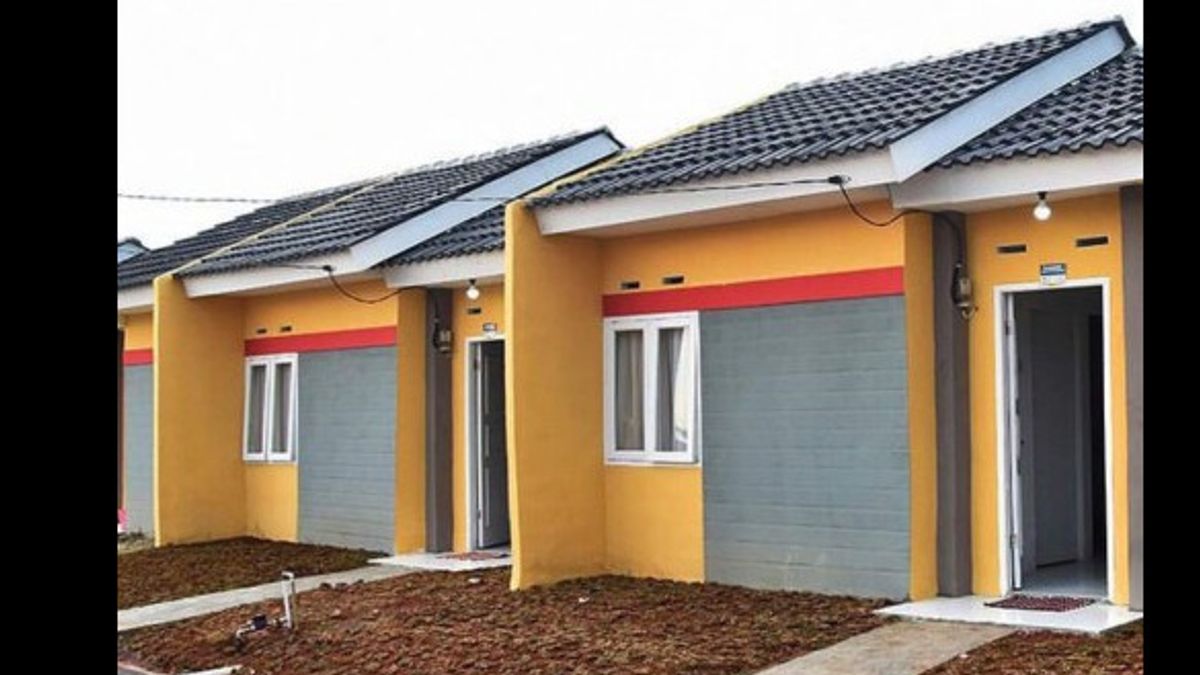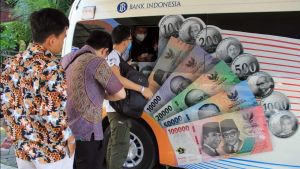JAKARTA - Government Regulation (PP) Number 25 of 2020 concerning the Implementation of Public Housing Savings (Tapera) is considered odd. This is because this PP was issued during the economic crisis due to the impact of COVID-19.
"This tapera is an odd policy because it was implemented during the economic crisis and pandemic," said INDEF economist Bima Yudhistira on VOI, Saturday, June 6.
In economic conditions like this, of course, it will be burdensome for the community. Moreover, at this time many workers are receiving wage deductions, even being laid off (PHK) because the company's economy is shaking due to this virus.
"Currently, many workers have their wages deducted, they are even laid off. Moreover, there is an article of administrative sanctions in the form of fines that are burdensome to employers," he said.
He said, although there was seven years of preparation, he believed that the Indonesian economy had not yet entered the optimal recovery stage. So that it will burden the community and entrepreneurs.
"Meanwhile, the hidden motive is evident in Article 27 of the PP Tapera, that funds can be invested in government debt securities. This means that workers are asked indirectly to buy SBN contributions," he said.
He suspects that this was done by the government because it was looking for new sources of financing amid a widening budget deficit.
"Government policy has also been strengthened in Perpu 1/2020 which has become a law. There is an article about the government being allowed to use the managed funds for stimulus funding. This shows its motive," he said.
Regarding TB Tapera's admission that not all participants received the benefits of financing people's housing loans (KPR) or could not get a house, he agreed with this. This is because the provision of houses is not as easy as discussed.
"First there is the housing backlog problem, so it is not balanced with the number of workers who need a house. Second, the matter of conditions can be complicated so that not all workers can own a house. It could be more complicated than even BPJS," he said.
Then, he is also odd with workers who already have a house, their money will be nurtured and can be taken at retirement. "This is the same as JHT at BPJS for employment. So there is a risk of overlapping in the management of the Tapera dues," he said.
The English, Chinese, Japanese, Arabic, and French versions are automatically generated by the AI. So there may still be inaccuracies in translating, please always see Indonesian as our main language. (system supported by DigitalSiber.id)













